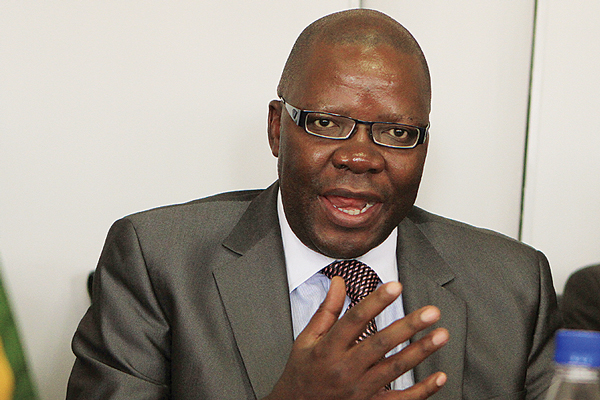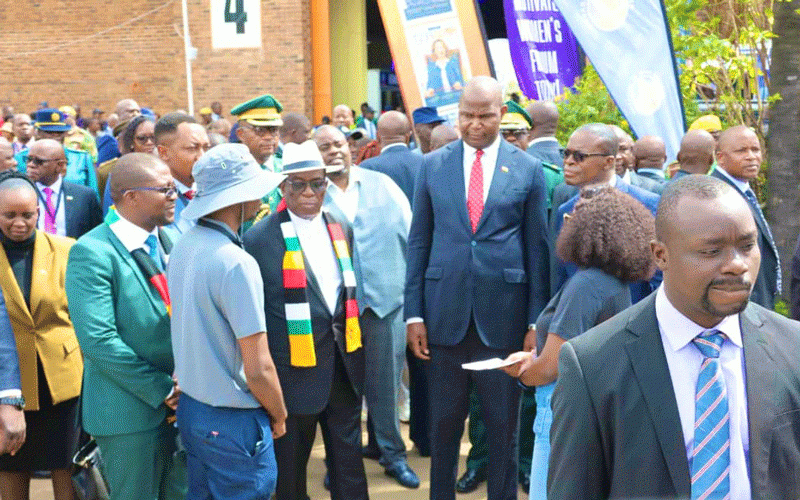
Zimbabweans are now poorer than they were in 2011, as indicated by the fact that they now require more money to fill the basic needs basket than they did five years ago, economic experts say.
BY VICTORIA MTOMBA
In an interview, Poverty Reduction Trust Forum programme coordinator research and policy analyst Tafara Chiremba said the urban poverty basic needs basket research showed that income poverty incidences had significantly increased between 2010 and 2016.
This, he said, was due to a widened gap between people’s disposable income and the cost of the basic needs basket in urban areas.
“On average, households faced an average basic needs basket cost of $491,32, with an average household income of $415 in 2011,” he said.
“In 2016, the average cost of basic needs basket is now approximately $520 against an average income of $333,99 for the half year, indicating a widened income poverty gap of $279.”
This scenario, he said, reflected increased inability by people to pay for essentials such as food, education, health and transport.
Chiremba said increased income poverty was mainly due to de-industrialisation, job losses, and vulnerable employment in the informal sector and poor performance in the agricultural sector.
- Chamisa under fire over US$120K donation
- Mavhunga puts DeMbare into Chibuku quarterfinals
- Pension funds bet on Cabora Bassa oilfields
- Councils defy govt fire tender directive
Keep Reading
A recent report showed that the number of workers in informal employment grew to 94,5% in 2011 from 84,2% in 2010.
According to a 2014 labour survey, 5,9 million people were in informal employment out of the 6,3 million workforce.
The report by the Labour and Economic Development Research Institute of Zimbabwe (Ledriz) and Solidarity Centre titled, Working without a pay: wage theft in Zimbabwe, showed that workers had been facing challenges due to non-payment of wages and salaries.
Some employees were walking long distances to work, while others were sending children to schools that were cheaper or dropping children off school altogether, the report said.
According to a 2014 survey by Ledriz, while the average minimum wage was $247 per month, the average CEO was paid approximately 75 times as much, with at least one senior executive receiving more than $500 000 per month.
Furthermore, the report showed that those in top management got their salaries on time.
The report showed Zimbabwean workers were facing challenges such as going to work without pay, shortening of work days due to economic challenges as well as being forced to go and compete in the overpopulated informal sector.
Zimbabweans have been facing challenges due to company closures while government has been failing to pay civil servants on time due to poor revenues coming to treasury — a reflection of a troubled economy.
Ledriz senior economist Prosper Chitambara said the weakening of economic trends and company closures had worsened poverty levels as more and more people were now in the informal sector.
He said the economy would not grow this year. The economy which recorded growths from 2009 to 2012 had contracted between 2013 and 2015.
“This is the worst year and the first time that the economy is not going to grow. It will record 0% growth rate since 2009. The country has recorded huge decline in output and there is a lot of uncertainty,” he said. Chitambara said investors had adopted a wait and see attitude, affecting the flow of foreign direct investment (FDI).
Former Finance minister Tendai Biti said the crisis facing the country was worse than that from 1997 to 2008 as Zimbabwe had no control over its monetary policy. He said this was the first time government had failed to pay wages.
“The poverty levels are expected to get worse by year end,” Biti said.










